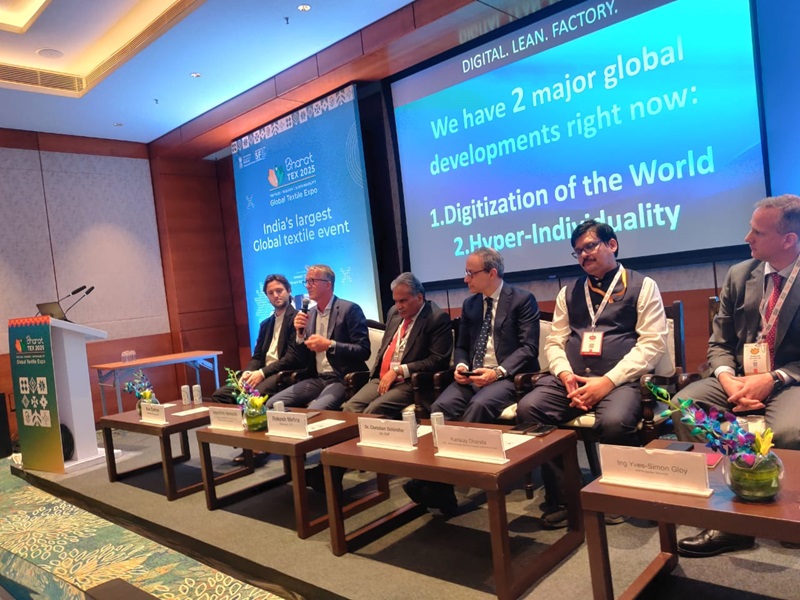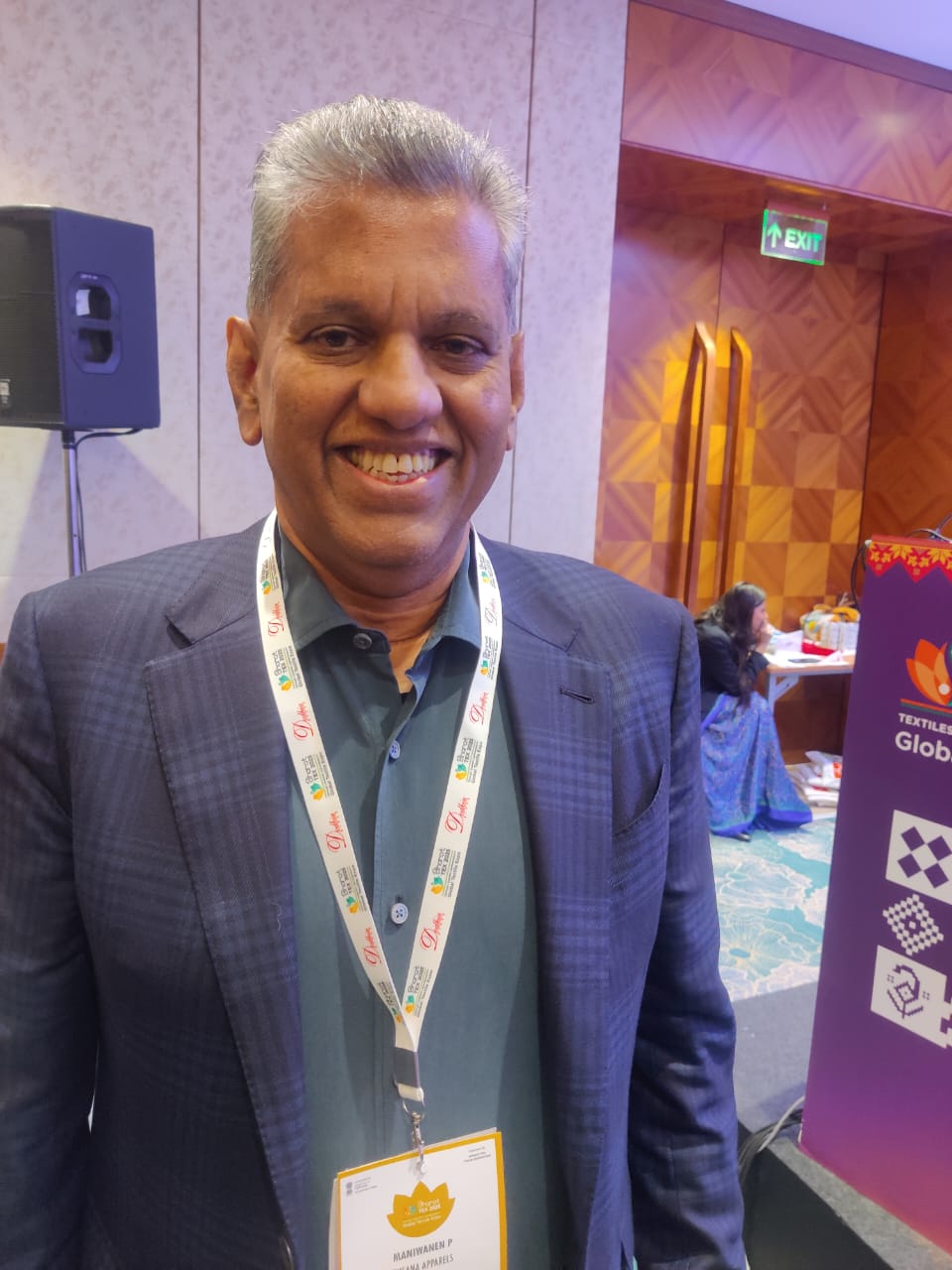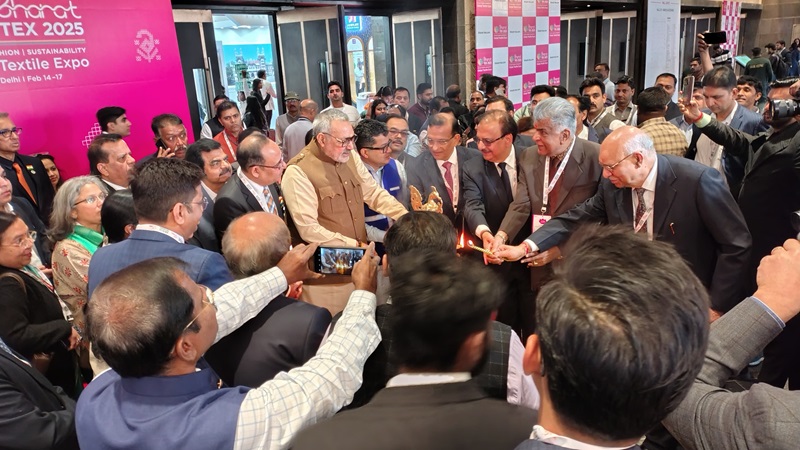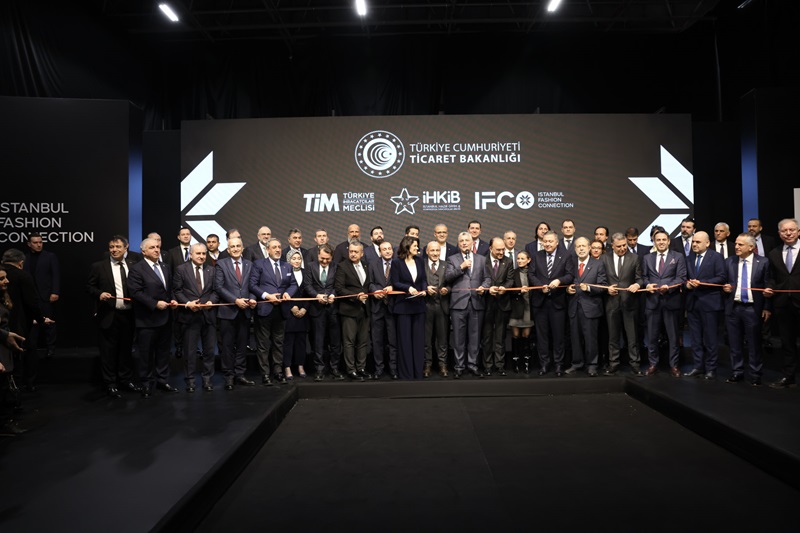
Joachim Hensch, a German Consultant, ex-MD Hugo Boss factory in Turkey, having transformed a factory consisting of 4000 workers into a smart factory, addressed industry professionals, during a Knowledge Session on Smart Manufacturing & Digitalisation during Bharat Tex, offering valuable insights into the transformative power of smart manufacturing and digitalization.
The rise of Hyper-Personalization
He began by emphasizing the critical shift away from traditional mass production towards a model centered on hyper-individuality. "We are no longer in an era where one-size-fits-all products dominate the market," Hensch stated, highlighting the growing consumer demand for personalized experiences. This shift, driven by the digital age, presents both opportunities and challenges for manufacturers. Meeting these individualized needs while maintaining profitability requires a fundamental rethinking of production strategies.
The power of the Digital Twin
A key concept Hensch introduced was the "digital twin" in manufacturing. Using Tesla's production line as an example, he explained how vehicles are capable of self-checking during assembly. "This is not just about quality control at the end of the line; it's about integrating intelligence into the manufacturing process itself," he noted. This proactive approach, characteristic of smart manufacturing, leverages technology and human oversight to ensure quality and efficiency throughout the production lifecycle. The digital twin allows manufacturers to simulate, analyze, and optimize production processes before physical implementation, leading to improved quality, reduced costs, and faster time-to-market.
Democratization of automation
Hensch showcased several innovations reshaping the manufacturing sector, including the increasing accessibility of autonomous robots. He cited the dramatic reduction in cost and increased functionality of these robots, making them viable for a wider range of applications. The plummeting price of robotic solutions is democratizing access to automation, enabling smaller manufacturers to compete with larger players and enhance their productivity.
The dawn of Humanoid Robotics
The presentation also explored the potential of humanoid robots, particularly Tesla's Optimus, to revolutionize factory operations. Hensch projected significant production numbers for Optimus, signaling a broader trend towards integrating advanced robotics into everyday manufacturing processes. The introduction of humanoid robots promises to further automate tasks, improve efficiency, and potentially reshape the manufacturing workforce.
The cultural imperative of Digital Transformation
Hensch emphasized that digital transformation is not just about technology; it requires a significant cultural shift within organizations. "Digital is not just a trend; it is a fundamental part of our lives," he asserted. He urged companies to adapt their production strategies to meet the demands of a fast-paced, consumer-driven market that expects rapid delivery and customization. This requires a shift in mindset, embracing data-driven decision-making, agile methodologies, and a culture of continuous improvement.
Adapt or be left behind
The session concluded with a stark reminder of the competitive landscape. Hensch highlighted the success of companies like Shein and Amazon, which leverage digital technologies to connect vast networks of factories and offer unprecedented production speeds. He warned that manufacturers who fail to embrace digital transformation risk being left behind. "Is your production ready for this?" he challenged the audience, stressing the urgency of adopting smart manufacturing and digitalization to remain competitive in the global market. Hensch's message was clear: in the age of hyper-personalization and rapid technological advancement, adaptation is not just an option, it's a necessity.











